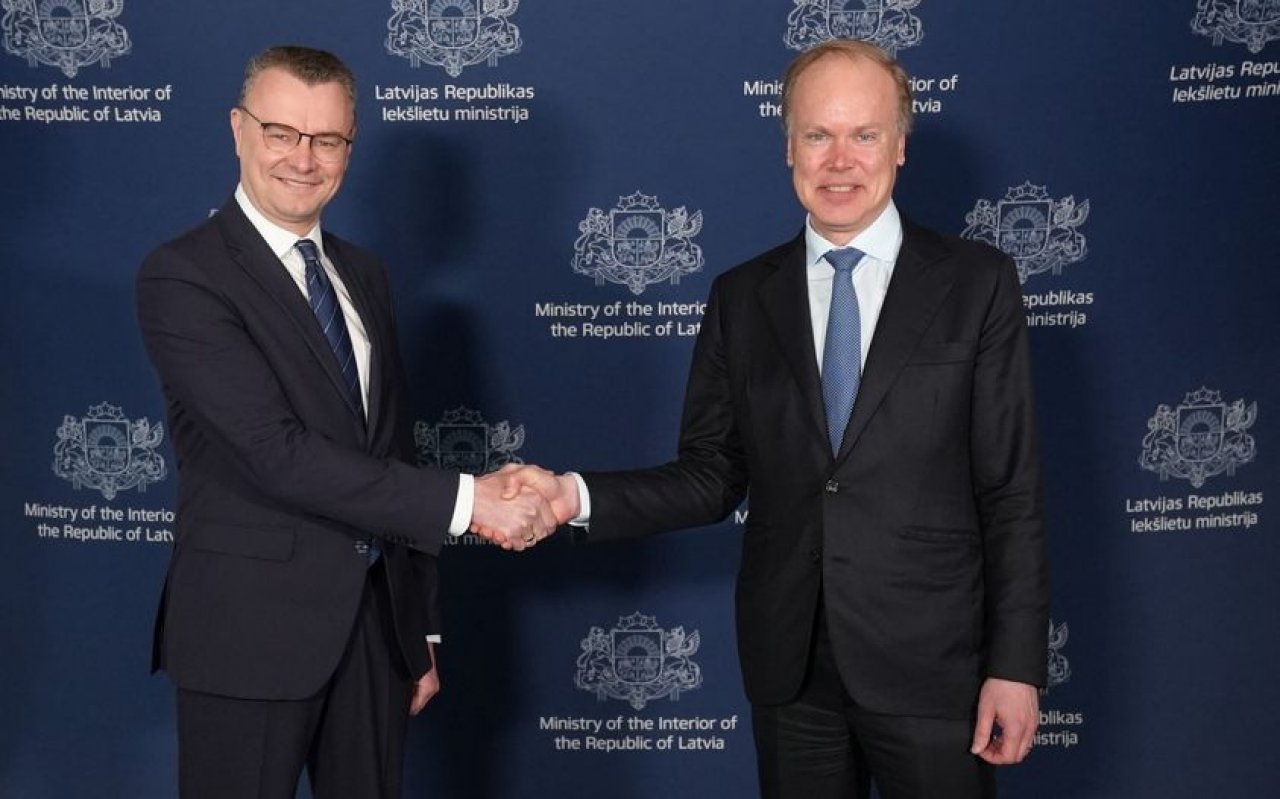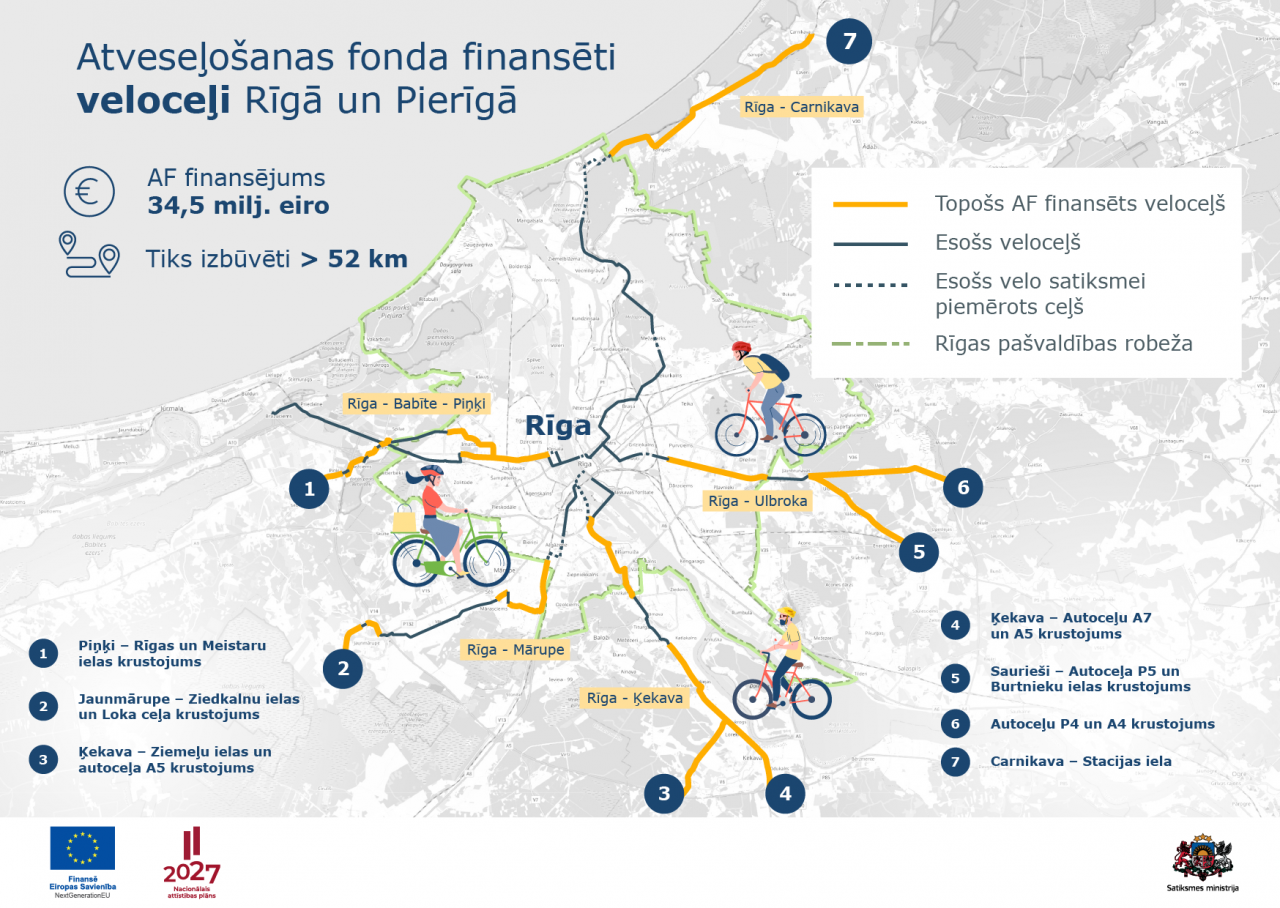Finance Minister: With joint efforts we must live up to expectations put on the Cohesion Policy
Riga, February 5, 2015. – On Thursday, February 5, in the University of Latvia an international conference “Challenges for the New Cohesion Policy in 2014-2020: An Academic and Policy Debate” was open. In the next seven years European Union (EU) Member States will hold a great responsibility for the successful contribution of the Cohesion Policy to the economic growth.
At the beginning of the Cohesion Policy investment cycle 2014-2020 a lot is expected. People expect higher standards and better quality of life. At the same time taxpayers want to see that the investments made are bringing about expected results.
“One third of the EU budget will go towards the Cohesion Policy. Together with the co-financing it will allow for 450 billion euro investments in European regions over the next seven years. I believe this is a big responsibility. A responsibility that is shared among Member States, Commission, regions, managing authorities and project implementers. Only with joint efforts we can ensure that we live up to the expectations put on the Cohesion Policy,” emphasizes Finance Minister Janis Reirs.
Strong fundaments at the beginning of the period will ensure that we can make investments more effective, goal-oriented and timely over the investment cycle. We need to mobilize the political will to implement the policy in practice. To achieve these tangible results it is important to understand what should be done in practice to ensure effective utilization of the financing. This international conference on the Cohesion Policy will allow all of the participants to understand better what the preconditions for successful practical application of the Cohesion Policy are. The Cohesion Policy together with other investment tools could make a significant contribution to the economic growth.
Speaking about the Latvian experience, in particular the Cohesion Policy helped the country over the last decade to close the convergence gap with the EU average by 20%. It is an important achievement where EU funds co-financing played a very important role. It created preconditions for Latvia’s participation in the internal market and allowed it to join the Eurozone last year.
“Latvia returned to strong growth in 2011 as a result of balanced fiscal policy and effective EU fund investments, that promoted a more export-oriented economic recovery,” indicates the Minister.
Already in previous periods Latvia has successfully addressed a number of structural problems in education, transport, environment protection, employment and other sectors. EU funds constitute a major part of public investments in Latvia. That is why particular attention of the government, its partners and society in general is paid to the results of this policy.
“I will do my outmost to continue the work done by previous governments and ensure that also in the future the Cohesion Policy is used as an effective investment policy. To implement this approach and continue the road of development, this conference will provide a valuable insight to me, my colleagues and other Cohesion Policy partners on the potential and also challenges for this,” says J. Reirs.
The conference is organized by the Directorate-General for Regional and Urban Policy of the European Commission, Regional Studies Association, Latvian Presidency of the Council of the European Union and University of Latvia.
Live broadcast of the conference on February 5, between 9.00 and 18.00, and on February 6, between 9.00 and 15.00, will be available here.
Conference agenda
Media contacts:
Maija Straupmane, Deputy Director of Communication Department
Ministry of Finance of the Republic of Latvia
Phone: 00 371 67083938, 00 371 27022919
E-mail: maija.straupmane@fm.gov.lv
Website: www.fm.gov.lv

